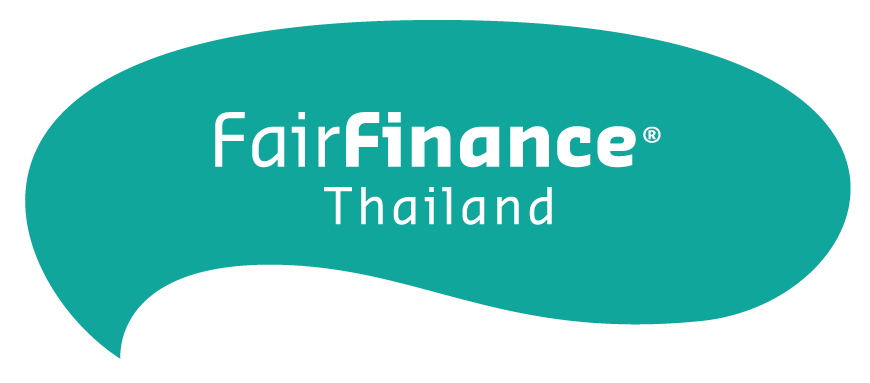Greenwashed or Green Enough? Thailand Taxonomy’s Role in Defining Sustainable Finance
In an era where green finance and sustainable investment are growing in importance among governments, businesses, and investors—77% of Thai consumers now recognize eco-labels like the Thai Green Label —distinguishing genuine sustainability from mere appearance has become crucial. Terms like 'eco-friendly' and 'net-zero' carry significant weight, but without robust criteria and effective monitoring, they risk enabling misleading practices known as 'greenwashing'. One key tool in addressing this challenge is the Thailand Taxonomy, which offers guidance on identifying environmentally sustainable economic activities. Yet its effectiveness depends on clear criteria and strong enforcement.
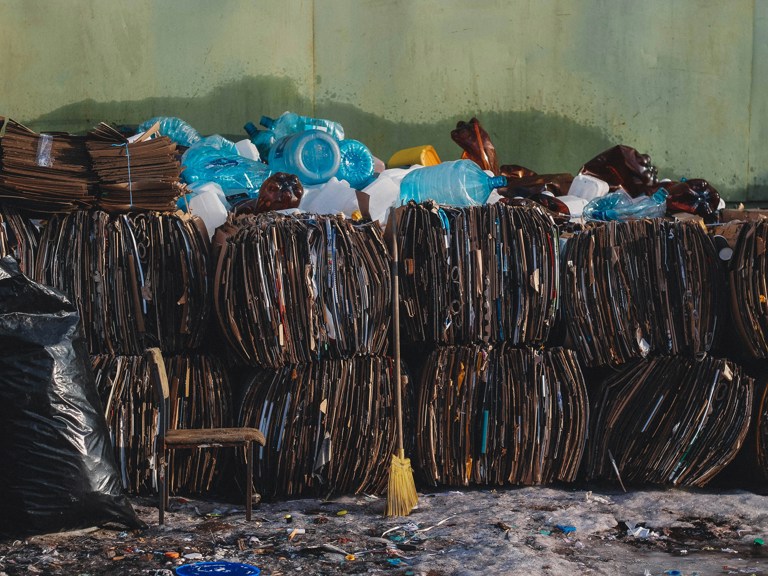
What is Greenwashing and Why Does it Matter?
Greenwashing refers to the practice of presenting products, projects, or companies as environmentally friendly, while their actual operations yield minimal positive outcomes—or worse, cause harm. For example:
- Plastic waste management efforts, such as CP Group’s pledge for 100% recyclable packaging, face challenges as Greenpeace Thailand reports that many mixed-material packages remain hard to recycle under current infrastructure.
- Livestock operations such as contract pig farms in Phetchaburi and Ratchaburi, while meeting some standards, have discharged untreated wastewater into public waterways.
- Infrastructure projects such as hydropower dams marketed as renewable yet causing severe ecological harm, like the Xayaburi Dam on the Mekong River.
These misleading practices can confuse consumers, misguide investors, distort public policies, and delay critical actions needed for true sustainability.
Thailand Taxonomy: A Useful Tool, But Not Without Risks
Thailand Taxonomy 2.0 is a national reference framework designed to guide the country’s transition toward environmental sustainability, particularly in alignment with net-zero targets. It classifies economic activities based on their contribution to climate change mitigation using a 'traffic light' system:
- Green for activities that are already low-emission and aligned with net-zero goals,
- Amber for transitional activities that are not yet fully aligned but are moving in that direction, and
- Red for activities that are inconsistent with climate goals.
While the Thailand Taxonomy offers useful guidance for financial institutions, civil society organizations (CSOs) raised concerns during a recent public seminar co-hosted by the Zoological Society of London (ZSL) and partners Fair Finance Thailand (FFT), Madre Brava, the Environmental Justice Foundation (EJF), and the Thailand Development Research Institute (TDRI), about how key safeguards—such as Do No Significant Harm (DNSH) and Minimum Social Safeguards (MSS)—are applied.
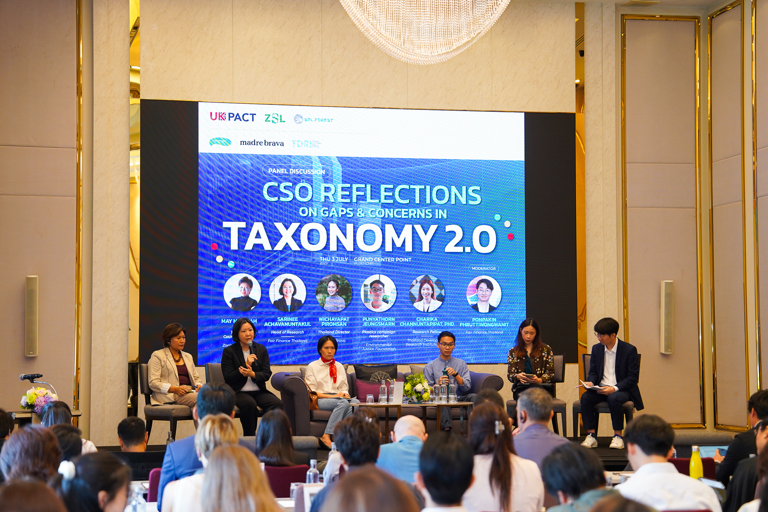
For instance, under the current framework, projects that fail to meet DNSH or MSS criteria can still qualify by submitting a 'remedial plan' rather than demonstrating immediate compliance. These plans often lack clear deadlines, measurable biodiversity offsets, or reference to international standards. Feedback from Fair Finance Thailand warns that this approach risks enabling greenwashing, as project developers may secure green or amber classification while continuing harmful practices . DNSH currently lacks binding requirements for deforestation‑free sourcing and robust ecosystem restoration, while MSS omits explicit obligations on stakeholder consultation, gender equality, and fair labor standards .
“Activities can technically meet the criteria but still cause environmental harm,” said Sarinee Achavanuntakul, Head of Research at Fair Finance Thailand. “Greater transparency, stronger safeguards, and meaningful civil society participation are thus essential to ensure the taxonomy genuinely promotes sustainability rather than enabling greenwashing.”
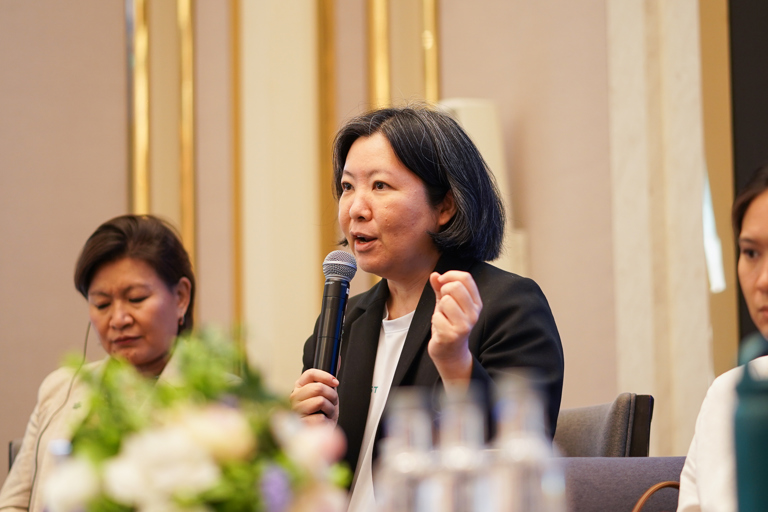
Civil Society’s Role in Ensuring Robust Standards
Civil society plays an essential role not as an adversary but as a necessary partner in crafting accountable and inclusive sustainability policies. Civil society organizations have actively engaged in the process, providing feedback and highlighting areas needing improvement.
This involvement helps ensure that environmental and social criteria reflect real-world conditions and incorporates the voices and experiences of those directly affected by unsustainable practices. For example, some corporate sustainability initiatives—such as a global seafood company’s 'SeaChange' program, which focuses on responsible sourcing, marine conservation, human rights, and fair labor practices—have received international recognition. These include a 21% reduction in Scope 1 and 2 emissions and expanding tuna traceability to 98.9% in 2024 . However, the initiative has also faced scrutiny from civil society groups over alleged discrepancies between ESG claims and actual practices on the ground.

Preventing Greenwashing: Recommendations for Thailand Taxonomy
The encouraging aspect of Thailand Taxonomy is that it is designed as a 'living document' that can be regularly reviewed and improved. Recommendations from civil society for its future iterations include:
- Clarifying and strengthening the principles of Do No Significant Harm (DNSH) and Minimum Social Safeguards (MSS).
- Ensuring transparent disclosure of mitigation plans by entities claiming sustainability.
- Developing an independent evaluation ecosystem to improve accountability and transparency.
- Incorporating clear biodiversity indicators and comprehensive assessments that reflect environmental impacts.
Given that, in 2023, only around 10% of Thai-listed companies currently verify their carbon footprint claims through rigorous processes , establishing independent verification and transparency mechanisms is imperative.
These improvements will enable the taxonomy to evolve beyond a static classification framework into an active tool for preventing greenwashing and encouraging more credible and genuine efforts toward sustainability across sectors.
Green finance holds immense potential to drive sustainable
development, but only if built upon integrity, transparency, and credible criteria. Thailand Taxonomy occupies a crucial position in shaping sustainable financial practices, but this role comes with significant responsibilities. A robust taxonomy can also help financial institutions assess whether their clients align with international environment standards—an essential step in avoiding greenwashing. To mitigate risks of greenwashing effectively, continuous improvement, active civil society participation, and rigorous accountability mechanisms are indispensable.
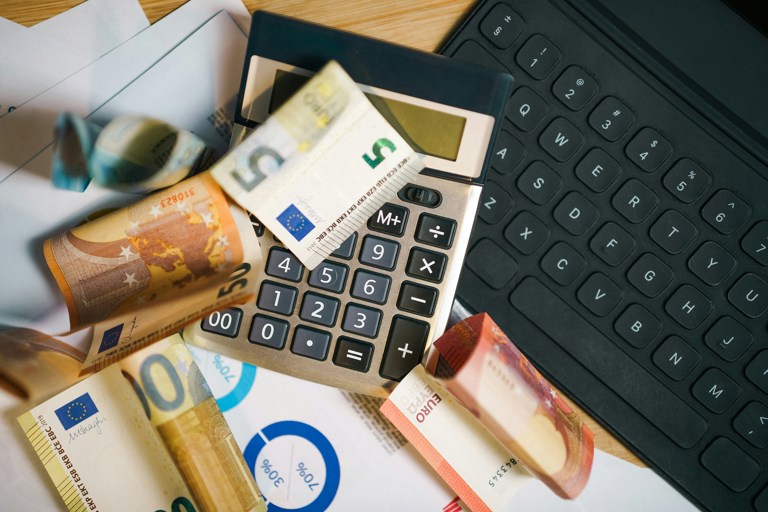
Ensuring Thailand Taxonomy remains credible and robust will not only benefit investors and policymakers but will also support more genuine efforts toward sustainable development. With phase 2 of the taxonomy expanding coverage into sectors like agriculture, construction & real estate, manufacturing, and waste management—and incorporating broader environmental objectives beyond carbon emissions—it presents a timely opportunity to strengthen DNSH and MSS safeguards, clarify measurable indicators, and address gaps highlighted by civil society to help reduce the risk of greenwashing across the financial system.
Sources
- Tan, S. (2022, April 20). Eco-labels in Thailand: How aware are consumers of these green certification marks? YouGov. https://business.yougov.com/content/42184-ecolabels-thailand-consumer-awareness
- Greenpeace Thailand. (2024, April 25). CP Group’s sustainable packaging policy falls short in addressing the root cause of plastic pollution: Greenpeace Thailand analysis [Press release]. Greenpeace Southeast Asia. https://www.greenpeace.org/southeastasia/press/64616/cp-groups-sustainable-packaging-policy-falls-short-in-addressing-the-root-cause-of-plastic-pollution-greenpeace-thailand-analysis/
- Water Environment Partnership in Asia. (2023, February). The impact of pig wastewater to water environment in Thailand [PowerPoint slides]. WEPA Database. https://wepa-db.net/wp-content/uploads/2023/02/5_2-The-impact-of-pig-wastewater-to-water-environment-in-Thailand.pdf
- Sukuman, T. (2025, March 4). Learning from the green bond experience: Successes and pitfalls. Climate Finance Network Thailand. https://climatefinancethai.com/learning-from-the-green-bond-experience-successes-and-pitfalls/
- Fair Finance Thailand. (2023, August 7). ความคิดเห็นต่อ “มาตรฐานการจัดกลุ่มกิจกรรมทางเศรษฐกิจที่คำนึงถึงสิ่งแวดล้อม ระยะที่ 1 (Thailand Taxonomy Phase 1)” เปรียบเทียบกับข้อคิดเห็นของ Fair Finance Thailand ต่อร่าง Thailand Taxonomy ม.ค. 2566 และข้อเสนอแนะเพิ่มเติม [PDF]. Fair Finance Thailand. https://fairfinancethailand.org/media/43lbhcmz/fft-taxonomy-final-feedback.pdf
- Fair Finance Thailand. (2025, July 1). ความเห็นต่อ “มาตรฐานการจัดกลุ่มกิจกรรมทางเศรษฐกิจที่คำนึงถึงสิ่งแวดล้อม 2.0 (Thailand Taxonomy 2.0)” เปรียบเทียบกับข้อคิดเห็นของ Fair Finance Thailand ต่อร่าง Thailand Taxonomy ต.ค. 2567 และข้อเสนอแนะเพิ่มเติม [PDF]. Fair Finance Thailand. https://fairfinancethailand.org/media/plyl1jm0/%E0%B8%84%E0%B8%A7%E0%B8%B2%E0%B8%A1%E0%B9%80%E0%B8%AB-%E0%B8%99%E0%B8%82%E0%B8%AD%E0%B8%87-fair-finance-thailand-%E0%B8%95-%E0%B8%AD-thailand-taxonomy-20.pdf
- Spampinato, E. (2025, June 17). Thai Union highlights its Seachange 2030 initiative at UN Ocean Conference. SeafoodSource. https://www.seafoodsource.com/news/environment-sustainability/thai-union-highlights-its-seachange-2030-initiative-at-un-ocean-conference
- Khaosod English. (2024, September 21). Greenwashing concerns as Thai companies rush climate targets. Khaosod English. https://www.khaosodenglish.com/sustain/2024/09/21/greenwashing-concerns-as-thai-companies-rush-climate-targets/
